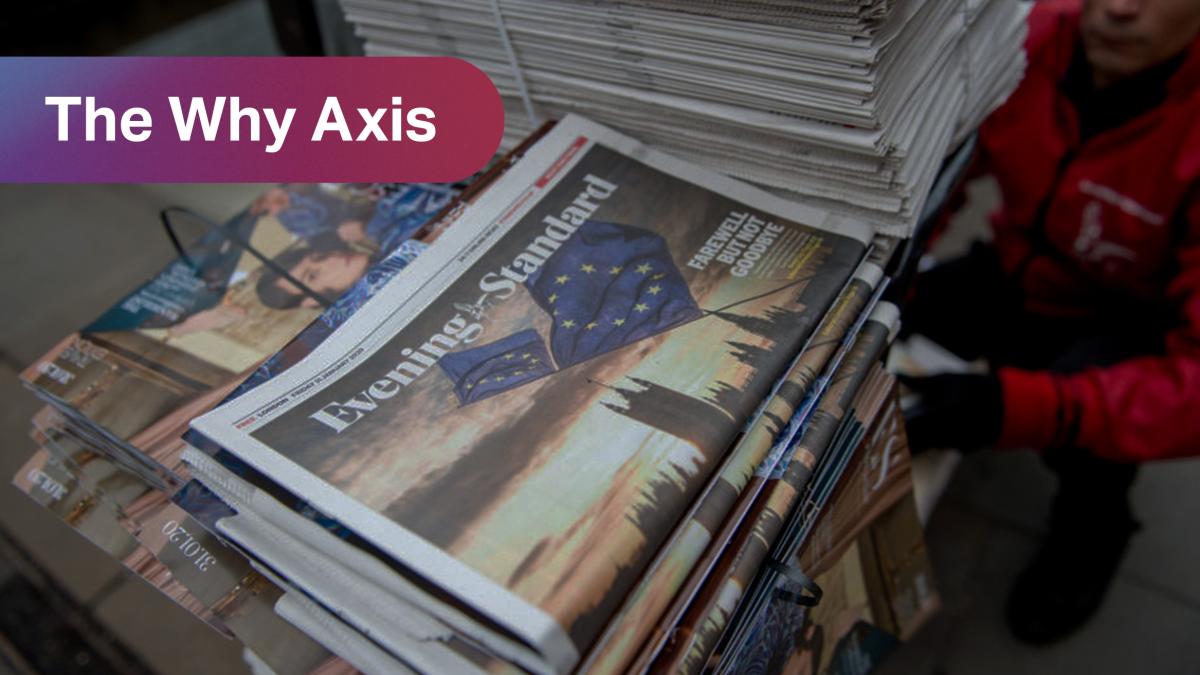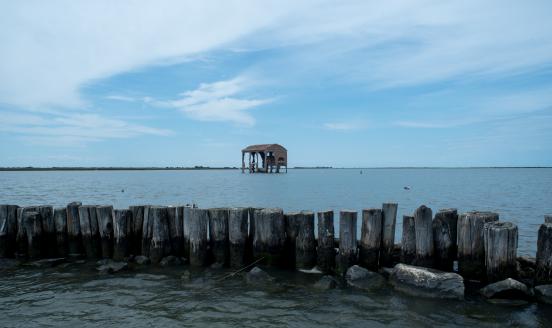How close is Europe to winning the fight against air pollution?


Concerns about the environment are gaining momentum. The European Union is facing the final stage of a long-standing discussion on how to address the largest, but solvable, environmental risk to public health: air pollution. The impact of air pollution on public health remains massive: 300,000 people die in Europe every year due to excessive exposure to fine particulate matter and nitrogen dioxide, losing 10 years on average, and millions more suffer from different forms of disabilities.
Is enough, therefore, being done to protect our health? Over the past 15 years, pollution levels have decreased by about 40%, which shows that a shift towards clean air is not only possible and ongoing, also feasible while maintaining economic growth. The EU is on the trajectory of meeting its 55% reduction target by 2030. On the other hand, increased scientific evidence has confirmed the tremendous harms of air pollution on human health, even at levels which were previously considered as low risk; the World Health Organization (WHO) has revised its recommendations accordingly.
A historical revision of the Ambient Air Quality Directives is being debated at the heart of EU decision making: trilogues started three weeks ago and a decision is expected by April 2024. While the three main legislative bodies support the progressive alignment with the new, more stringent WHO guidelines, controversy starts when it comes to the set of conditions which justify the postponement or the exemption of compliance. Importantly, the European Council advocates for including socio-economic factors in any given air zone – such as the high share of low-income households or the lower-than average GDP per capita – while the European Parliament argues against this, notably as the impact of air pollution is disproportionately high in low-income areas, so action should be even more urgent there.
The Why Axis is a weekly newsletter distributed by Bruegel, bringing you the latest research on European economic policy.
We gratefully acknowledge the financial support from the Clean Air Fund for this research workstream.



